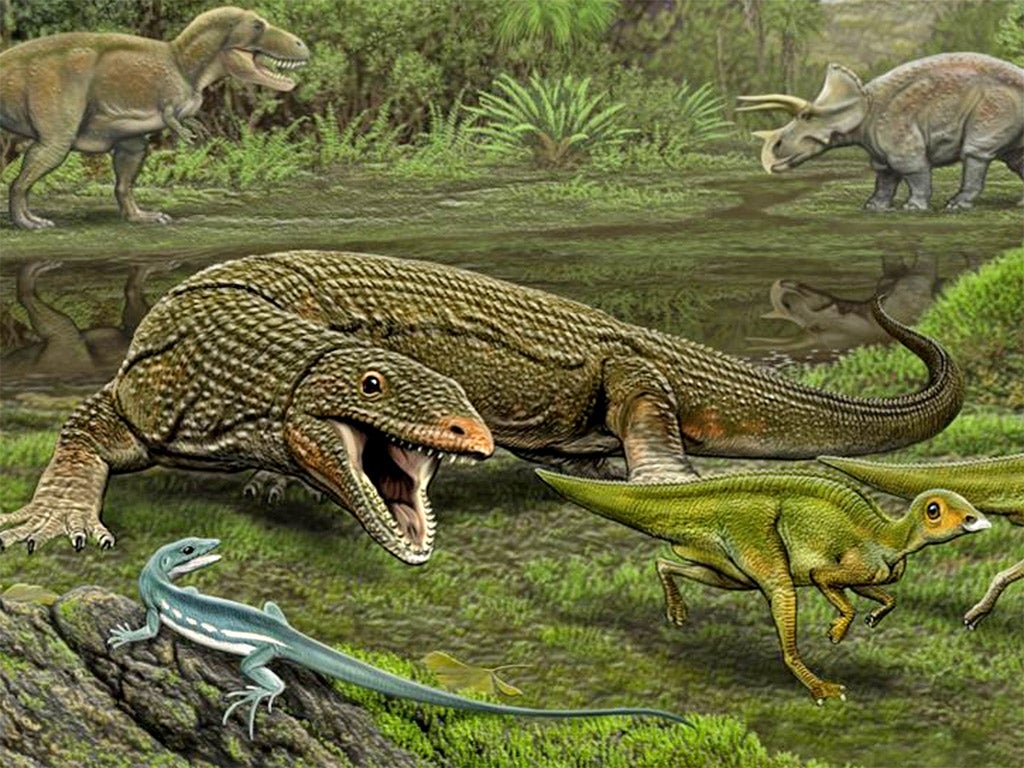Taxonomy: Introducing the Obamadon

It's seen as a sign of respect awarded by scientists around the world searching for new species of plant and animal life. Now Barack Obama has the honour of having not one, but three species named after him.
Today the newly discovered Obamadon gracilis, an extinct lizard species from 65 million years ago, joined the Etheostoma obama spangled darter fish and Caloplaca obamae lichen, with a name in honour of the 44th President of the United States.
The lizard was discovered by scientists from Harvard and Yale universities who were examining fossils from across America in an attempt to understand how some lizards had managed to escape the complete extinction that killed off the dinosaurs.
Though the process of naming a newly discovered species is not always without risks. Yale paleontologist Nicholas Longrich, one of the team who discovered the new species, described his concerns as they submitted their paper on the species for peer-review in July, four months before the upcoming US Presidential election "I was seriously thinking, if the election had gone the other way, I would have yanked it."
Join our commenting forum
Join thought-provoking conversations, follow other Independent readers and see their replies
Comments
Bookmark popover
Removed from bookmarks